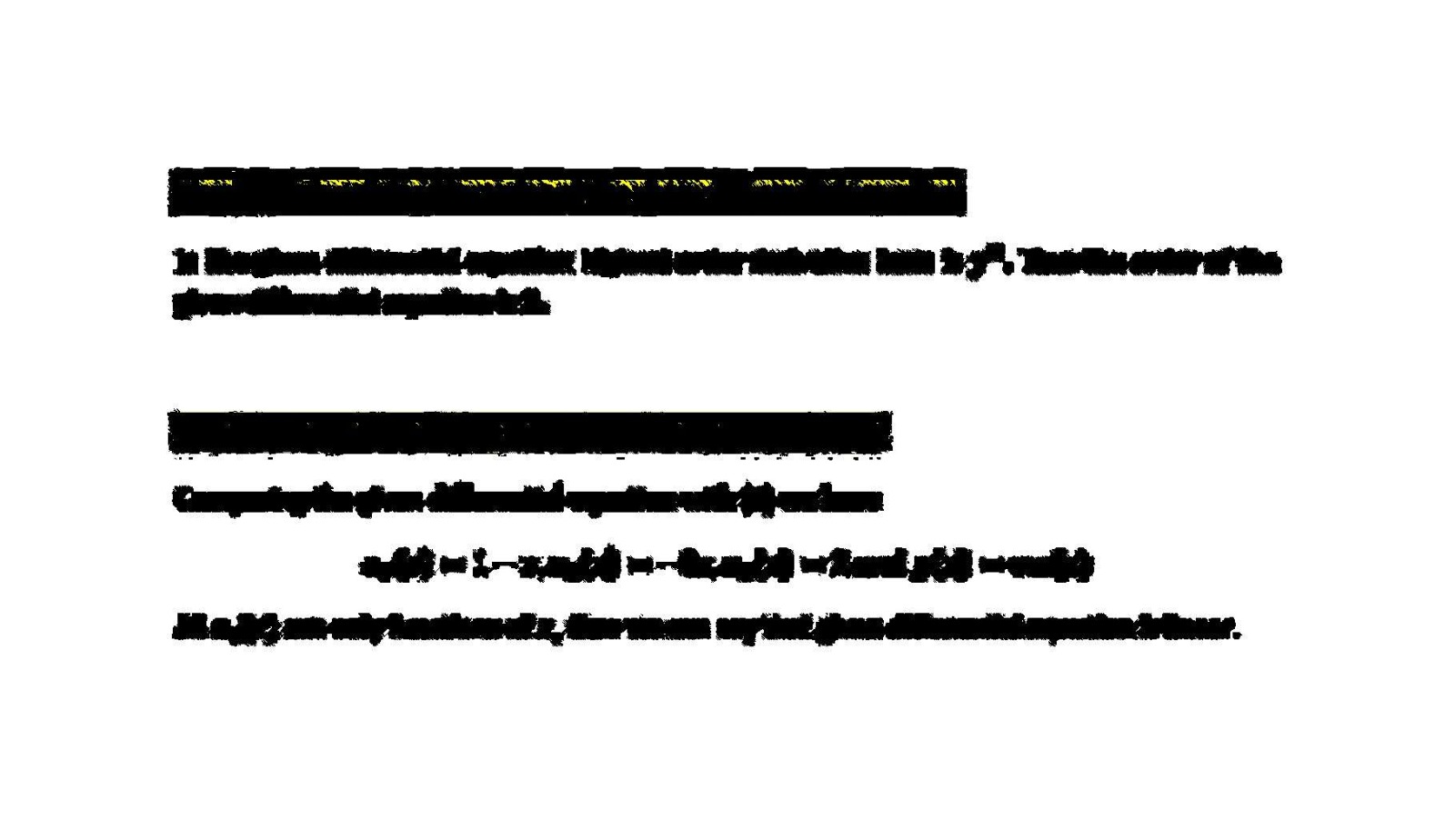For the circuit diagram in Figure 4, the NMOS and PMOS were fabricated in a process where μnCox = 120 μA/V2, μpCox = 60 μA/V2, Vtn = −Vtp = 1 V. (a) Find the value of the voltage marked at Vy. (b) Determine the width ratio of NMOS and PMOS of the inverter when Vinv = (Vy−0.5)V. (c) Given, VOL = 0 V and VOH = 5 V for the inverter shown in the circuit. Identify the High and Low Noise Margins for an inverter added after Vout which has VIH = 3.9 V and VIL = 1.2 V.



You'll get a detailed, step-by-step and expert verified solution.
 Work With Experts to Reach at Correct Answers
Work With Experts to Reach at Correct Answers